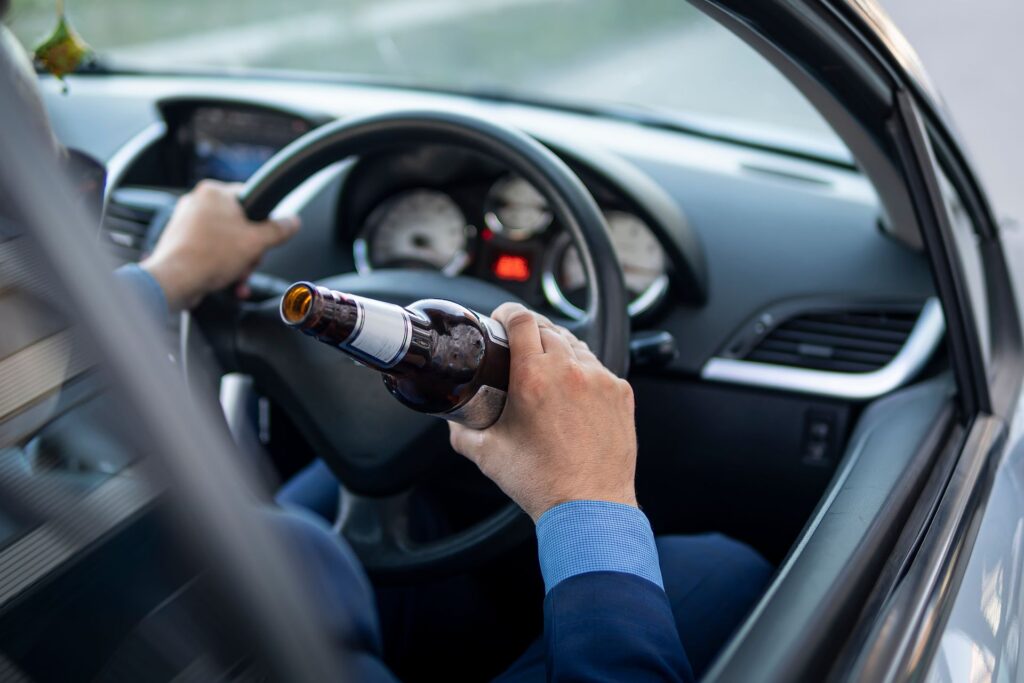Behind the Wheel: Exploring Effective DUI Defense Tactic

Driving under the influence (DUI) charges can be daunting, especially for first time DUI offenders. The legal landscape surrounding DUI cases is complex, and mounting an effective defense requires a strategic approach. From challenging evidence to negotiating plea bargains, understanding the intricacies of DUI defense tactics is crucial for navigating the legal system.
One of the most common strategies employed in DUI defense is disputing the accuracy of breathalyzer or blood test results. These tests, while widely used, are not infallible and can be subject to errors. A skilled defense attorney may question the calibration of breathalyzer devices or challenge the chain of custody of blood samples, casting doubt on the reliability of the evidence presented by the prosecution.
Another tactic involves scrutinizing the legality of the traffic stop that led to the DUI arrest. Law enforcement officers must have reasonable suspicion to pull over a vehicle, and any violation of procedural rights during the stop can potentially invalidate subsequent evidence. By examining the circumstances of the stop, defense attorneys may uncover constitutional violations or instances of police misconduct, which can undermine the prosecution’s case.
Furthermore, leveraging mitigating factors can be instrumental in securing a favorable outcome for first-time DUI offenders. This may involve highlighting the defendant’s clean driving record, participation in alcohol education programs, or lack of prior criminal history. By emphasizing these factors, defense attorneys aim to persuade the court to consider leniency in sentencing or pursue alternative dispositions such as diversion programs or probation.
Negotiating plea bargains is another avenue pursued by DUI defense attorneys to mitigate the consequences of a conviction. This entails reaching an agreement with the prosecution whereby the defendant pleads guilty to a lesser offense in exchange for reduced charges or penalties. For first-time DUI offenders, securing a plea deal can significantly lessen the impact on their driving privileges, employment prospects, and overall reputation.
Moreover, challenging the validity of field sobriety tests (FSTs) is a common defense tactic employed in DUI cases. FSTs, such as the walk-and-turn or one-leg stand tests, are subjective assessments of a driver’s coordination and cognitive function. However, factors such as uneven terrain, adverse weather conditions, or underlying medical conditions can compromise the accuracy of these tests. Defense attorneys may argue that FST results are unreliable indicators of intoxication, thereby undermining the prosecution’s case.
In addition to legal strategies, proactive measures such as enrolling in alcohol treatment programs or attending counseling sessions can demonstrate a defendant’s commitment to rehabilitation. By presenting evidence of proactive steps taken to address underlying issues related to alcohol consumption, defense attorneys can bolster their client’s case and advocate for leniency in sentencing.
In conclusion, mounting an effective defense against first-time DUI charges requires a comprehensive understanding of legal tactics and proactive measures. From challenging evidence to negotiating plea bargains, defense attorneys play a pivotal role in advocating for the rights and interests of their clients. By leveraging strategic defenses and mitigating factors, individuals facing DUI charges can navigate the legal process with confidence and strive for a favorable outcome.